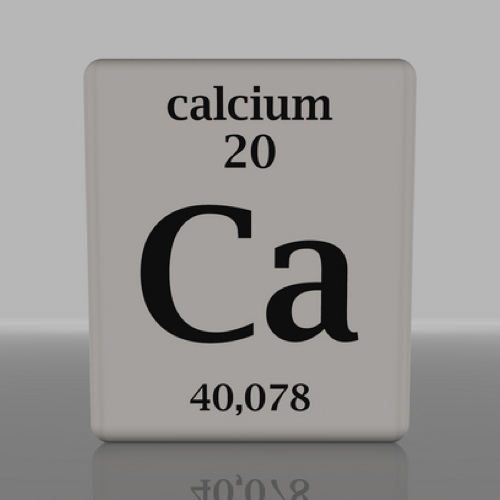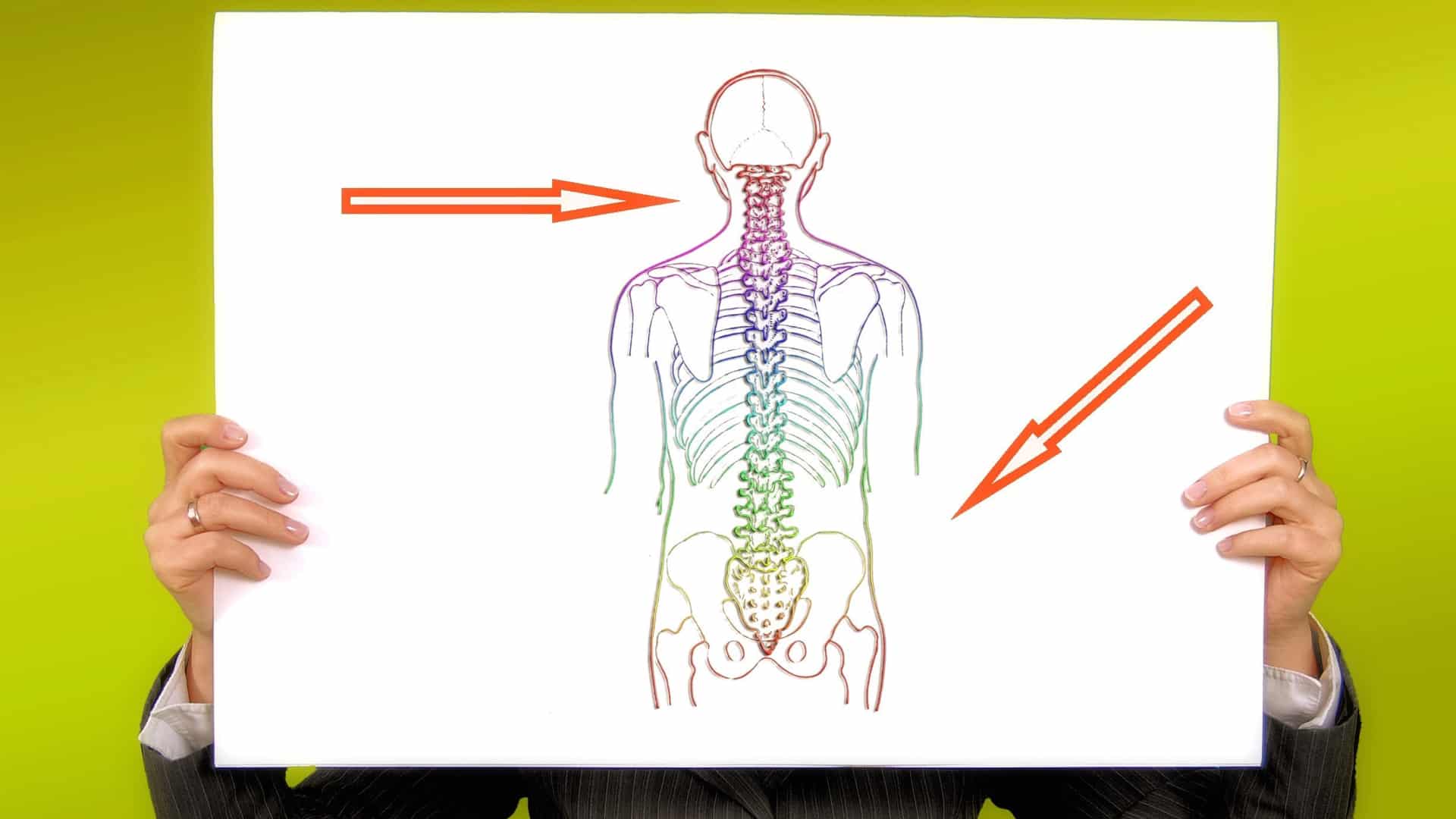
Calcium
Calcium is a mineral stored primarily in our skeleton and, along with fiber, magnesium, and potassium, found lacking in most American diets. Dairy is the number-one calcium source in the United States, but it’s also the number-one source of saturated fat and a top food allergen. Getting calcium from dairy (but not nondairy sources) also appears able to stimulate prostate cancer cell growth and increase total prostate cancer risk.
Don’t we need dairy for strong bones? A meta-analysis of cow’s milk intake and hip fracture studies showed no significant protection, and a recent set of studies involving one hundred thousand men and women followed for up to two decades even suggested milk may sometimes increase bone and hip fracture rates. Researchers also investigated milk intake and mortality, as well as fracture risk in large populations of milk drinkers. In addition to significantly more bone and hip fractures, they found higher rates of premature death, more heart disease, and significantly more cancer for each daily glass of milk women drank. Men with higher milk consumption also had a higher rate of death, although they didn’t have higher fracture rates. The lack of association with fermented milk products suggested the milk sugar galactose may be to blame.
What about kidney stones? Most are composed of calcium oxalate, which forms like rock candy when urine becomes supersaturated with calcium and oxalates. For many years, doctors assumed that because stones are made of calcium, they should counsel their patients to simply reduce calcium intake, but this changed with a landmark study that pitted the traditional, low-calcium diet against a diet low in animal protein and sodium. After five years, the study found that eating less meat and salt was about twice as effective as the conventionally prescribed low-calcium diet, cutting kidney-stone risk by half.
What about calcium supplements? Calcium from supplements, but not from whole food sources, appears to increase the risk of heart disease, stroke, and death.
Are there calcium sources available without health-related risks? Dark green leafy vegetables, like kale, broccoli, and bok choy, are relatively rich in calcium that is absorbed about twice as well as the calcium in milk. What’s more, they also contain fiber, folate, iron, and antioxidants, some of the very nutrients lacking in dairy. I recommend getting at least 600mg of calcium daily via calcium-rich plant foods—preferably low-oxalate dark green leafies, which includes all greens except spinach, chard, and beet greens (all very healthy, but not good calcium sources due to their oxalate content).
For substantiation of any statements of fact from the peer-reviewed medical literature, please see the associated videos below.
Image Credit: fdecomite / Flickr. This image has been modified.
Popular Videos for Calcium

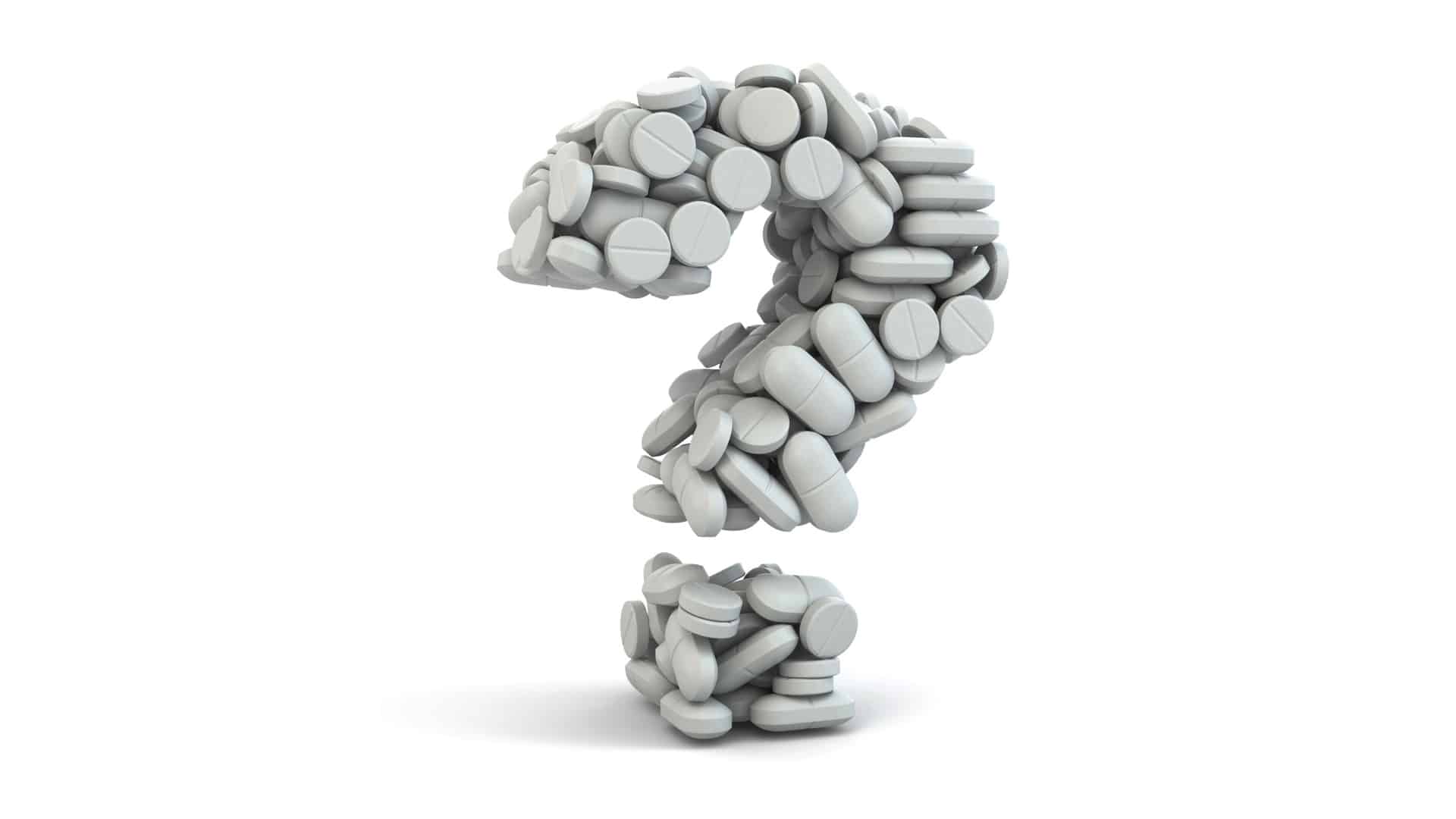
Are Calcium Supplements Effective?
What is the optimal daily dietary calcium intake and might benefits for your bones outweigh...
Are Calcium Supplements Safe?
The unnaturally large, rapid, and sustained calcium levels in the blood caused by calcium supplements...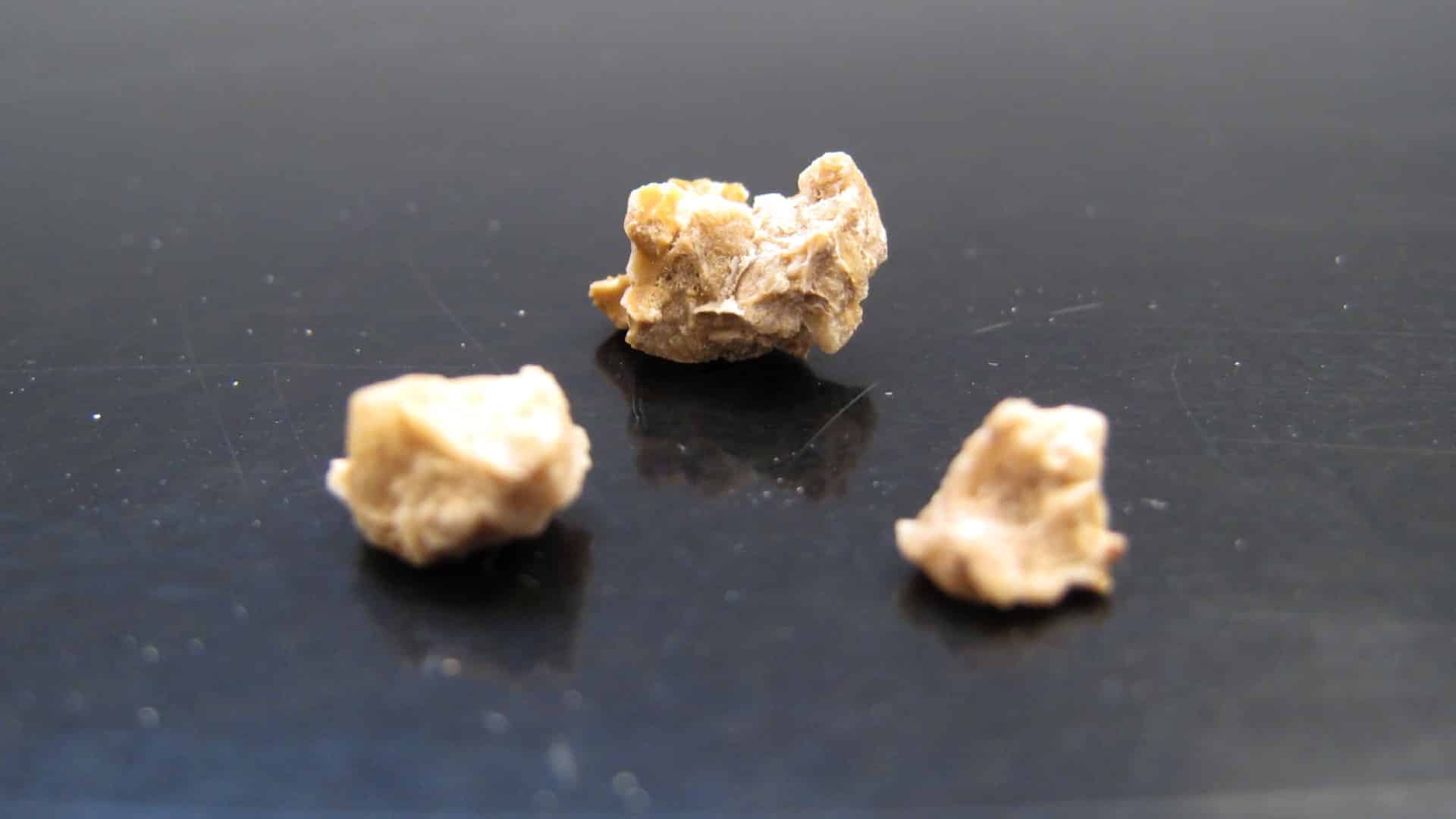
How to Treat Kidney Stones with Diet
Decreasing animal protein and sodium intake appears more effective in treating calcium oxalate and uric...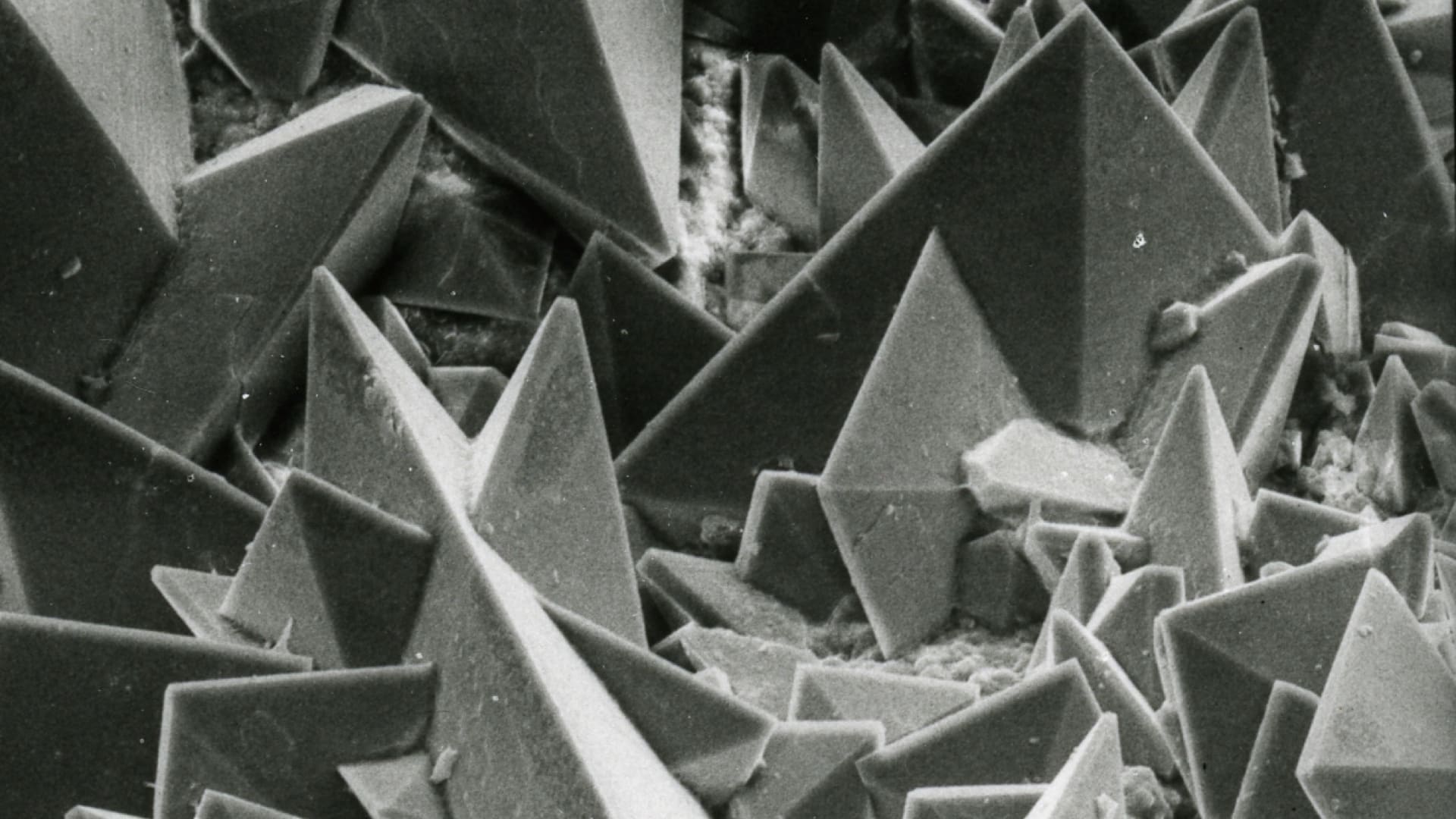
How to Prevent Kidney Stones with Diet
Interventional studies support the population data that animal protein consumption appears to markedly increase the...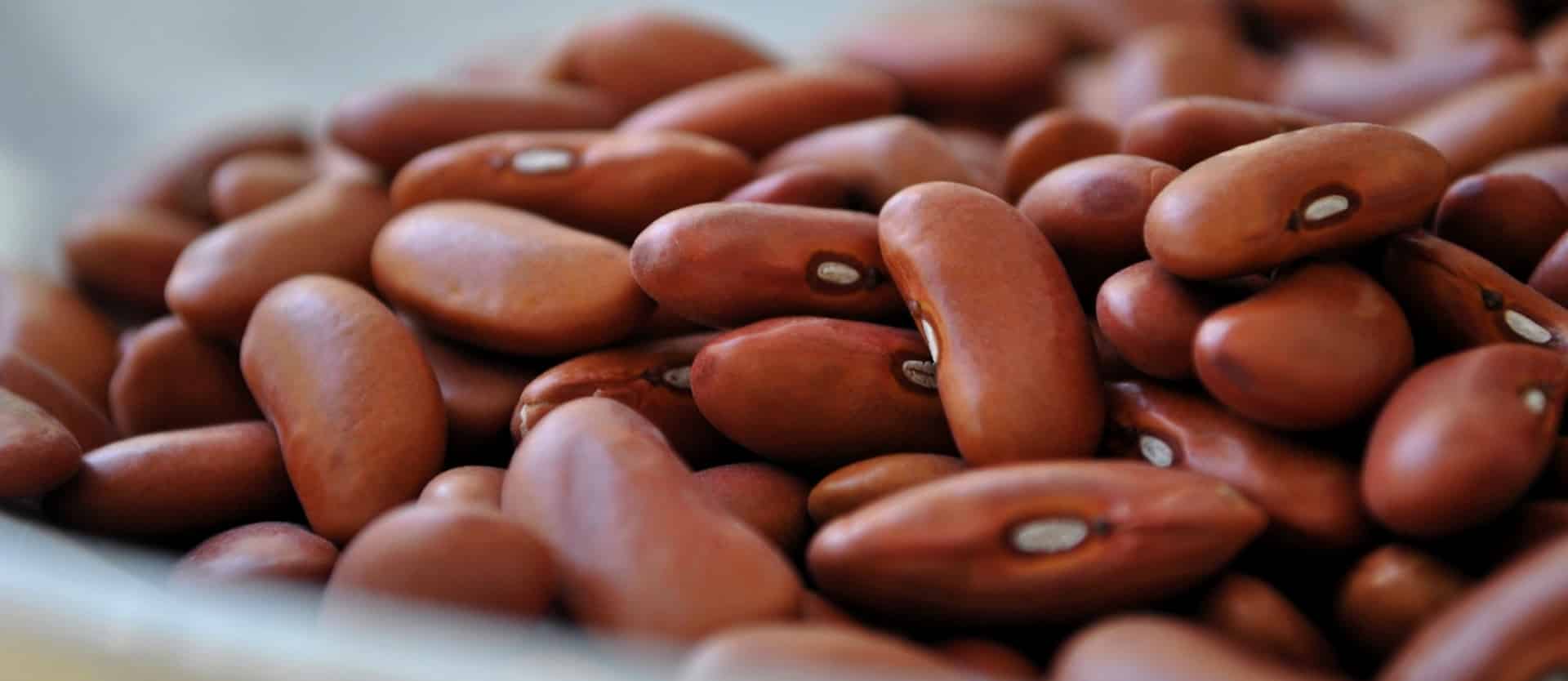
Phytates for the Prevention of Osteoporosis
Women who consume the most high-phytate foods (whole grains, beans, and nuts) appear to have...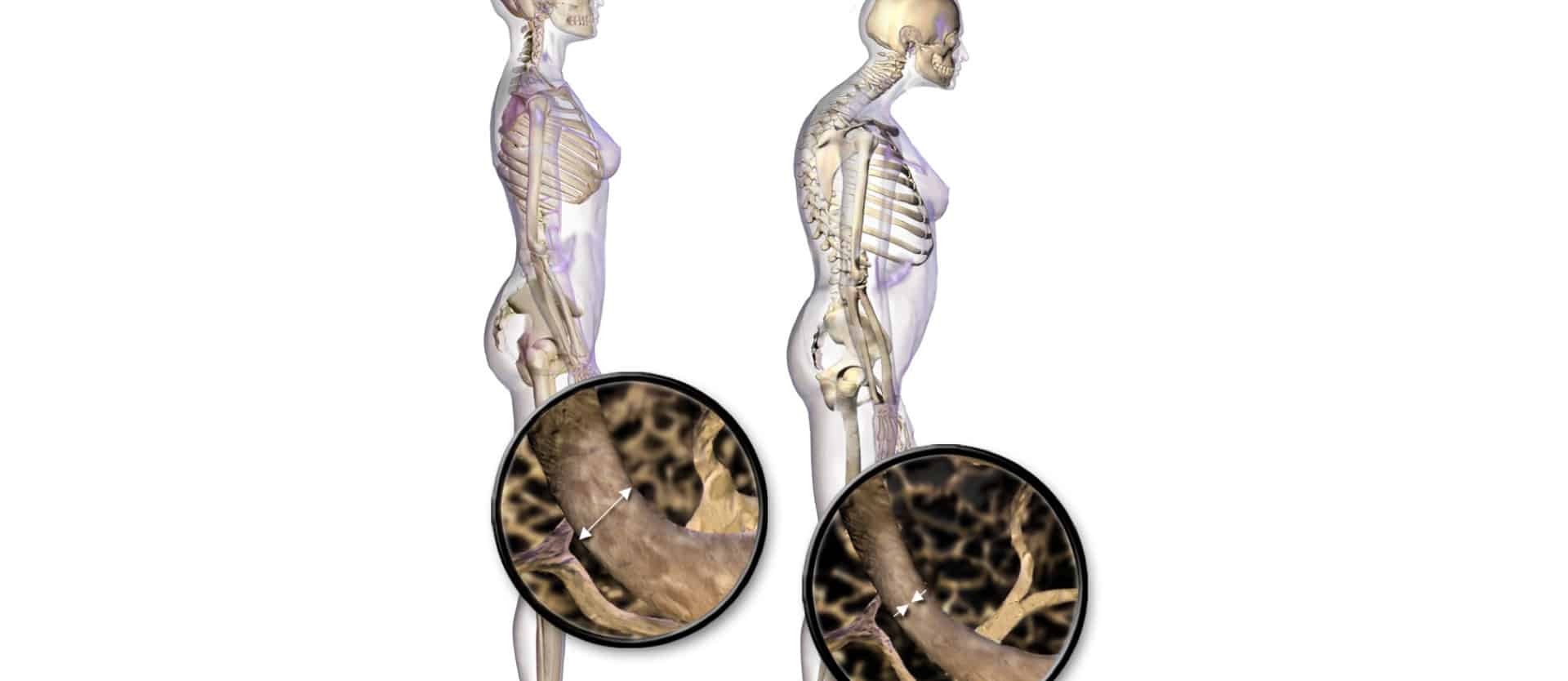
Alkaline Diets, Animal Protein, and Calcium Loss
The decades-old dogma that the acid-forming quality of animal protein leads to bone loss has...All Videos for Calcium
-

Pros and Cons of Raw Food Diets
Is there an advantage to eating a raw plant-based diet over a diet of raw and cooked whole plant foods?
-

Centrum Multivitamin, Vitamin C, Beta Carotene, Souvenaid, Zinc, or Calcium Supplements for Preventing Alzheimer’s?
Which might actually make cognition worse: Centrum multivitamin, vitamin C, beta carotene, Souvenaid, zinc, or calcium supplements?
-

Is Soy Milk the Most Nutritious Non-Dairy Milk?
Soy milk is compared to dairy milk and other plant-based milks.
-

Plant-Based Pregnancy Outcomes and Breast Milk
The composition of breast milk is compared between vegetarian and nonvegetarian women.
-

Vitamin D May Explain Higher Bone Fracture Risk in Vegans
A combination of low calcium intake and low vitamin D exposure may explain higher bone fracture rates in British vegans.
-

Do Vegans Have Lower Bone Density and More Fractures?
What are the bone fracture rates of omnivores vs. vegetarians vs. vegans?
-

The Benefits of Moringa: Is It the Most Nutritious Food?
Does the so-called miracle tree live up to the hype?
-

What Are the Best Foods?
A review of reviews on the health effects of animal foods versus plant foods.
-

What Are the Best Beverages?
A review of reviews on the health effects of tea, coffee, milk, wine, and soda.
-

Are Fortified Kids’ Breakfast Cereals Healthy or Just Candy?
The industry’s response to the charge that breakfast cereals are too sugary.
-

Kidney Stones and Spinach, Chard, and Beet Greens: Don’t Eat Too Much
Given their oxalate content, how much is too much spinach, chard, beet greens, chaga mushroom powder, almonds, cashews, star fruit, and instant tea?
-

The Worst Food for Tooth Decay
One of the worst breakfast cereals will surprise you.
-

Dairy and Cancer
How do we explain the increased risk of prostate cancer but the decreased risk of colon cancer associated with dairy consumption?
-

How to Lower Heavy Metal Levels with Diet
What dietary change can simultaneously help detoxify mercury, lead, and cadmium from the body?
-

Should Women with Fibroids Avoid Soy?
When it comes to uterine fibroids, is soy harmful, harmless, or helpful?
-

How Much Lead Is in Organic Chicken Soup (Bone Broth)?
Let’s review lead from occupational exposures, shooting ranges, eggs, and bone broth.
-

Lead in Calcium Supplements
Do calcium citrate and calcium carbonate have as much lead as calcium supplements derived from dolomite and animal bone?
-

Should Pregnant Women Take Calcium Supplements to Lower Lead Levels?
What are the effects of sodium and calcium intake on blood lead levels in pregnant and breastfeeding women?
-

The Rise in Blood Lead Levels at Pregnancy and Menopause
The lead trapped in our skeleton can leach back into our bloodstream when we temporarily or permanently lose bone due to pregnancy, weight loss, menopause, or osteoporosis.
-

Oil Pulling for Teeth Whitening and Bad Breath Tested
When oil pulling was put to the test for teeth whitening, halitosis, and dental enamel erosion, the results were no better than rinsing with water—or even worse.
-

Pros and Cons of Gluten-Free, Casein-Free Diets for Autism
What did the most comprehensive double-blind study of diet for autism find, and what are the potential downsides?
-

Best Foods for Lead Poisoning: Chlorella, Cilantro, Tomatoes, Moringa?
All plants produce “phytochelatins” to bind up heavy metals to protect themselves from the harmful effects, so what if we ate the plants?
-

How to Lower Lead Levels with Diet: Breakfast, Whole Grains, Milk, Tofu?
Getting food into your stomach within a few hours of lead exposure can suppress the absorption of lead by 90 percent or more—but which foods are particularly protective?
-

Parkinson’s Disease and the Uric Acid Sweet Spot
The link between Parkinson’s and dairy may not be explained just by the pesticides and lactose.
-

What Is the Healthiest Diet?
What is the baggage that comes along with the nutrients in your food?
-

Prunes for Osteoporosis
Vegetables and fruit, such as dried plums, may help build stronger bones.
-

Do Vitamin D Supplements Help with Diabetes, Weight Loss, and Blood Pressure?
Those with higher vitamin D levels tend to have lower rates of obesity, diabetes, and hypertension, but is it cause and effect? Interventional trials finally put vitamin D to the test.
-

The Great Protein Fiasco
The field of nutrition got human protein requirements spectacularly wrong, leading to a massive recalculation.
-

The Protein-Combining Myth
The myth that plant proteins are incomplete, necessitating protein combining, was debunked by the scientific nutrition community decades ago.
-

Are Calcium Supplements Effective?
What is the optimal daily dietary calcium intake and might benefits for your bones outweigh the risks to your heart from taking calcium supplements?
-

Are Calcium Supplements Safe?
The unnaturally large, rapid, and sustained calcium levels in the blood caused by calcium supplements may explain why calcium from supplements, but not from food, appears to increase the risk of heart attacks.
-

What Are the Healthiest Foods?
Based on the Dietary Guidelines for Americans, which foods best supply shortfall nutrients while avoiding disease-promoting components?
-

How to Treat Kidney Stones with Diet
Decreasing animal protein and sodium intake appears more effective in treating calcium oxalate and uric acid kidney stones (nephrolithiasis) than restricting calcium or oxalates.
-

How to Prevent Kidney Stones with Diet
Interventional studies support the population data that animal protein consumption appears to markedly increase the risk of kidney stones.
-

Juicing Removes More than Just Fiber
The majority of polyphenol phytonutrients may be bound to fiber, helping to explain the marked difference in health impacts between whole fruit and fruit juice.
-

Magic Bullets vs. Promiscuous Plants
The pharmaceutical industry is starting to shift away from designing single target drugs to trying to affect multiple pathways simultaneously, much like compounds made by plants, such as aspirin and curcumin—the pigment in the spice turmeric.
-

Phytates for the Treatment of Cancer
Do the anticancer effects of phytates in a petri dish translate out into clinical studies on cancer prevention and treatment?
-

Who Shouldn’t Consume Curcumin or Turmeric?
Just because something is natural and plant-based doesn’t mean it’s necessarily safe. Those who are pregnant, have gallstones, or are susceptible to kidney stones may want to moderate their turmeric consumption.
-

Greens vs. Glaucoma
Kale and collard greens contain vision-protecting plant nutrients, such as zeaxanthin, that may significantly lower the risk of glaucoma—a leading cause of blindness.
-

Phytates for the Prevention of Osteoporosis
Women who consume the most high-phytate foods (whole grains, beans, and nuts) appear to have better bone density.
